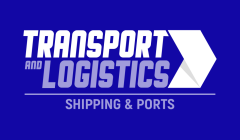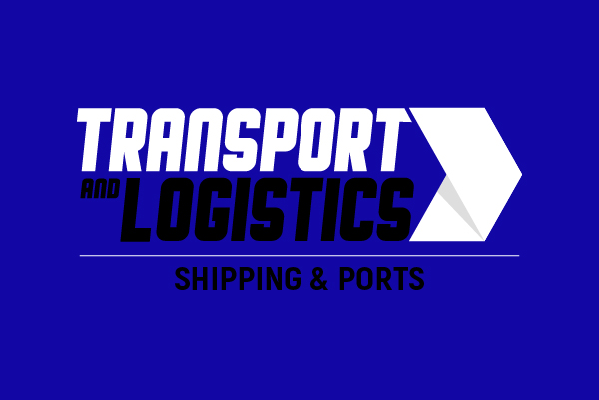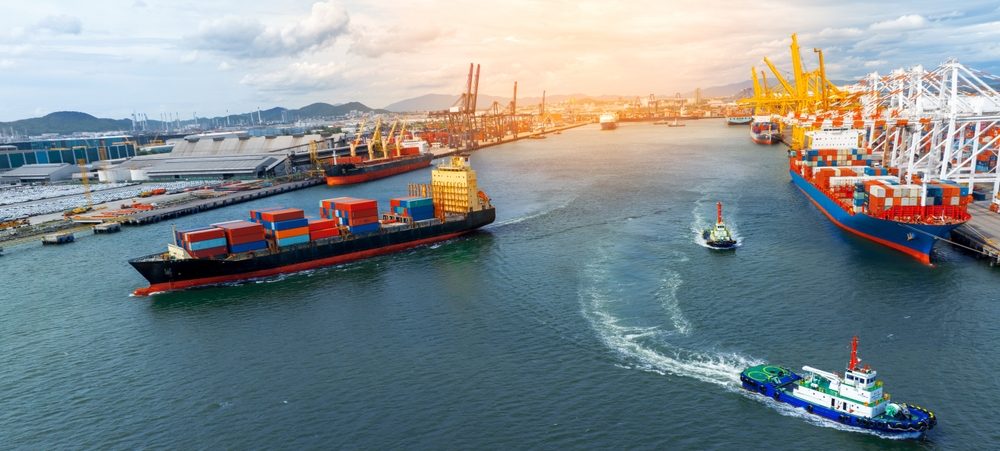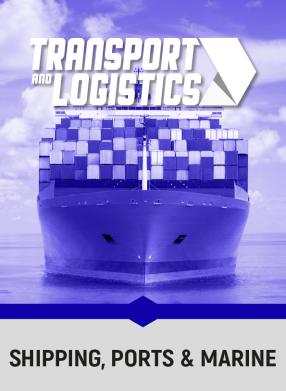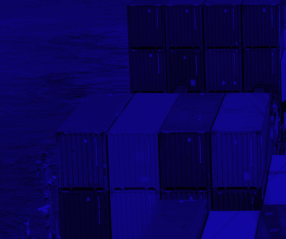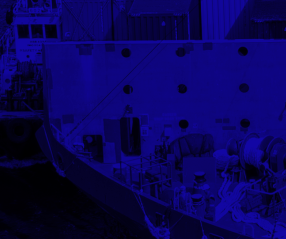The marine industry remains one of the most complex and least transparent links in the supply chain, despite being responsible for the majority of the supply chain costs. In fact, 68 per cent of professionals cited the marine supply chain as the most broken link, according to Carl Marks Advisors in partnership with SupplyChainBrain. In this article, Simon Farnfield, event director at Advanced Engineering, explains the challenges in the marine sector as its supply chain faces greater complexity, volatility and pressure to prioritise decarbonisation.
The Review of Maritime Transport, an UNCTAD flagship report, states that more than 80 per cent of international trade by volume is transported by sea. Therefore, it goes without saying that the importance of a resilient and adaptable global supply chain has never been clearer.
The events of recent years have truly tested the industry’s limits, from the disruptions caused by the COVID-19 pandemic to ongoing geopolitical conflicts. Despite dealing with the resulting supply shortages, increased shipping costs and strains on the “just-in-time” inventory model, the shipping industry continues to front challenges that may require them to rethink their supply chain strategies yet again.
Extended delivery times
The ongoing attacks on merchant ships in the Red Sea, attributed to the Houthi government in Yemen, are causing significant disruptions to global supply chains. These attacks began in November 2023 and are continuing today as on March 3, 2024 it was reported that the Rubymar, a bulk carrier with a cargo of agricultural fertiliser, became the first ship to sink as a result of the Houthi attacks.
Consequently, this is leading to disruptions in the vital maritime trade artery between Asia and Europe, with the Red Sea said to account for 12 per cent of global trade. The far-reaching effects on corporate supply chains particularly affect those dependent on container ships, carrying essential components and commodities.
Windward data, a marine analytics provider, demonstrates that delivery times from China to the UK have now doubled, meaning that there are production suspensions at major manufacturers, like Tesla, Michelin and Volvo. Meanwhile, retailers, such as Ikea and Next, have also reported inventory shortages due to these delays.
In response, businesses can turn to the Just-in-Case (JIC) strategy, which involves holding larger inventories as a buffer against supply chain disruptions. While traditionally used by companies unable to forecast demand accurately, JIC is now seen as a safeguard against the risks posed by supply chain breakdowns and delays.
Green shipping
According to the new Green Jobs and Maritime Decarbonisation report, shipping’s demand for e-fuels could rapidly scale to over 500 million tonnes by 2040, rising to 600 million tonnes by 2050. What’s more, the Global Maritime Forum claims that the transition to green shipping can bring jobs to the Global South in particular, where renewable energy resources are abundant.
Maritime decarbonisation will require significant expansion in renewable energy capacity and hydrogen production. Therefore, this will lead to a new supply chain for sourcing renewable energy, like solar, wind or hydroelectric, and converting it into green hydrogen and e-fuels, such as e-ammonia.
After all, the maritime industry is major contributor to the global carbon emissions. In fact, STAND.earth estimate that international ocean shipping accounts for approximately three per cent of global greenhouse gas emissions. Put simply, if it were a country, it would be the world’s sixth largest climate polluter.
As the global call for sustainable practices grows, the marine industry must be prepared. Manufacturers and engineering firms in this sector need to be on top of the latest technologies, trends and innovations to remain competitive and stay ahead.
There’s no better way to keep up to date, or meet with suppliers to ensure your JIC strategy, by attending the Advanced Engineering UK trade show. The event is returning to the NEC, Birmingham, on October 30 and 31, 2024, so book your stand or make an enquiry at www.advancedengineeringuk.com.
Transport & Logistics – Driving The Industry Forward
